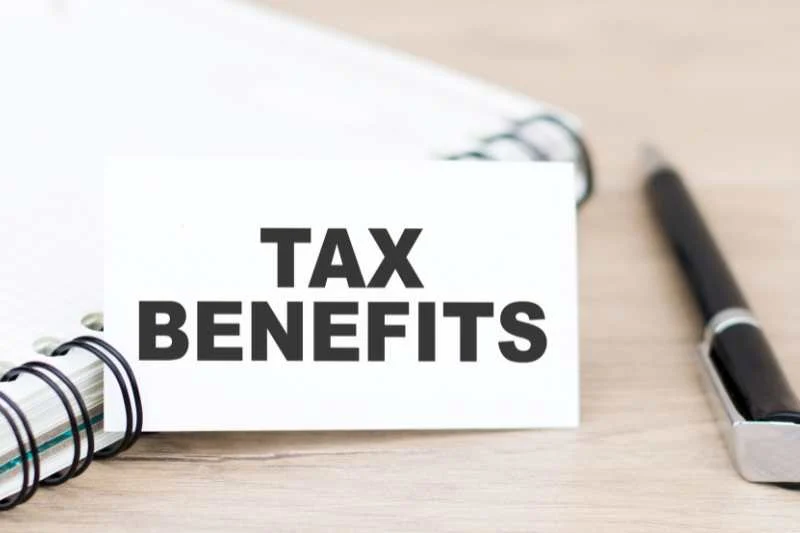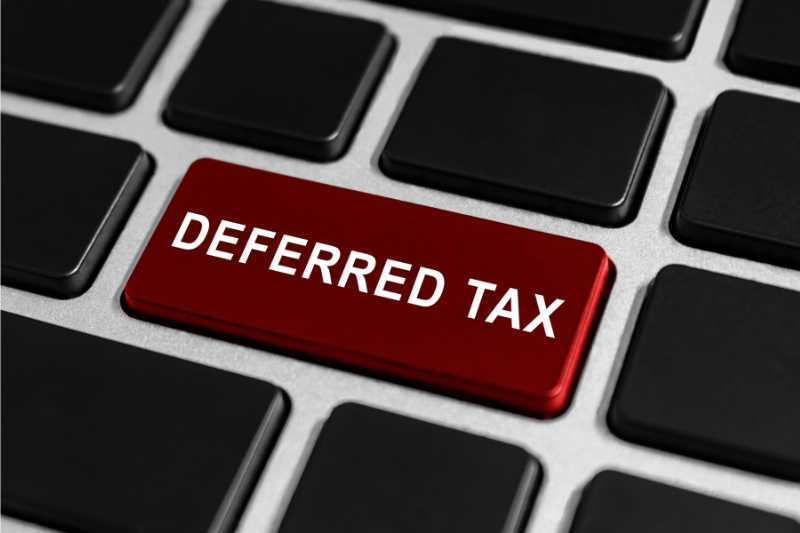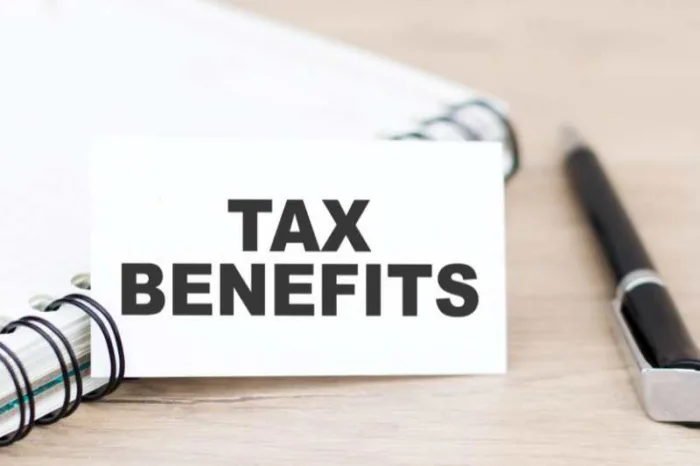
Disclaimer: This content is for informational purposes only, you should not construe any such information as legal, tax, investment, financial, or other advice. Nothing contained on our site constitutes a solicitation, recommendation, endorsement, or offer by ButterflyMX or any third-party service provider. ButterflyMX is not a financial adviser. You should always seek independent legal, financial, taxation, or other advice from a licensed professional.
The tax benefits of real estate investing are an important multifamily financial strategy. In fact, they can help you fully realize your ROI, or return on investment.
In this post, we’ll cover how real estate investing can lower your taxes. Next, we’ll explore the different tax write-offs that you can use. Finally, we’ll show you the top tax benefits of real estate investing.
This post covers:
- Can investing in real estate lower your taxes?
- What are the best tax write-offs for real estate investors?
- 3 ways to maximize the tax benefits of real estate investing
Can investing in real estate lower your taxes?
Investing in real estate can lower your taxes, thanks to tax write-offs. Tax write-offs are any expenses concerning your investment property that can be deducted from the taxes you pay on your income.
There are various strategies that you can use to write off expenses. But there are also many opportunities for mistakes that may result in you paying taxes you don’t have to. Our goal in this guide is to clear this up for you so you can meet your desired real estate metrics.
Learn how to invest in multifamily real estate:
Do real estate investors pay taxes?
Despite having tax-write offs (also known as income tax deductions), real estate investors still have to pay taxes. However, you stand to get more money back toward your ROI on your tax return thanks to creative tax write-offs.
Is buying real estate a tax write-off?
No, buying real estate is not a tax write-off. However, you can get tax write-offs on costs associated with developing and operating an investment property.
Can you avoid capital gains tax by investing in real estate?
No, you cannot directly avoid a capital gains tax or the tax paid on the profit of an investment property. However, you can temporarily avoid paying these taxes if you immediately buy an investment property of equal value. Furthermore, one frequently recommended tax structure for real estate investing is to create an LLC under which you buy and flip property.
Avoiding capital gains is a highly situational issue. So, it varies depending on the properties in question and is best discussed with an accountant.
What are the best tax write-offs for real estate investors?
Full-time real estate investor tax deductions can result from many different write-offs. Accordingly, these write-offs are one of the leading tax benefits of real estate investing.
The most common real estate tax write-offs are:
- Mortgage payment interest
- Insurance
- Repair costs
- Management costs
- Utilities
- Property taxes
- HOA fees
You may notice that these are the same costs that you will incur for a residential home. However, because you’re making income, an investment property tax benefit is that you’ll be able to pay these off.
Conversely, other, more creative tax-write-offs are less commonly known.
Lesser-known tax benefits of owning rental property include:
- Marketing. Advertising costs for available space and units in multifamily and commercial properties can be written off.
- Travel expenses. The gas you use traveling to and from your investment property can be written off. What’s more, are you out of state and in need of a flight and rental car? Most travel can be written off if you can justify it.
- Equipment purchases. From lawnmowers to welcome booklets for residents, nearly every device and object that you purchase for use at your property can be written off. Don’t be afraid to be specific.
- Employees. Wages and benefits for any employees you hire (no matter how temporary) can be written off.
When in doubt about using something as a write-off, always consult an actual accountant. Our guide here is by no means absolute.
3 ways to maximize the tax benefits of real estate investing
In addition to the tax-write-offs we’ve listed above, there are several more investment property tax benefit strategies worth knowing. Remember: You should always consult the current IRS rules, as they’re constantly changing.
3 ways to maximize investment property tax benefits:
1. Take advantage of the FICA tax
If you own and are receiving income from an investment property, then, technically, you’re considered self-employed.
The FICA (Federal Insurance Contributions Act) tax requires employees and employers to pay into Medicare and Social Security. Most people who are self-employed are taxed double as a result of this tax. However, because you’re investing in real estate, there’s a chance you can avoid this. Receiving rental income property should exempt you from this tax.
For example, if you’re flipping properties and selling them, then you risk being classified as a dealer and could be double-taxed. However, you can possibly avoid this. By proving that the capital gains you receive from investment properties are used to continue developing and funding additional investment properties, then you can avoid paying double despite being self-employed. An accountant will steer you in the right direction if you plan on consistently flipping investment properties.
2. Defer taxes
The definition of “defer” is to put off until a later time. In terms of investment property tax benefits, you can hold off on paying your taxes if you continue to buy and develop properties.
Specifically, you can take the total profit you’ve made from an investment and spend it on a different property. This strategy is known as the 1031 Exchange. You can use this strategy to continue trading up for bigger, and more expensive, property. Then, you can stop deferring your taxes when your profits are so high that it’s worth it for you to pay the taxes on your previous sale while enjoying your newfound income, such as rental property income.

3. Embrace depreciation
The IRS has determined that residential properties have a useful life of exactly 27.5 years. So, for your first 27.5 years of owning a property, you can write off just over 3.5% of the property’s cost as depreciation. For example, if your building costs $400,000, then each year, you can write off about $15,000 toward depreciation.
Remember: Depreciation only applies to your building, not the grounds of the property itself. If the land is worth $100,000, but your building is only worth $300,000, then the latter is what you would deduct about 3.5% from.
While depreciation can work to your advantage, it only really works in your favor if you decide to keep the property instead of flipping it. For example, if you sell the property, then you’ll owe what’s known as depreciation recapture, which involves you paying back what you previously wrote off.
Takeaways
- Real estate investments may be able to lower your taxes, largely thanks to tax write-offs.
- Common tax write-offs include mortgage payment interest, insurance, repair costs, management costs, utilities, property taxes, and HOA fees.
- Unusual tax write-offs include marketing, employee expenses, equipment purchases, and traveling.
- Additional tax benefits of real estate investing are avoiding the FICA tax, deferring your taxes with additional investment properties, and embracing depreciation.







